The Breakdown
Pros
Cons
While Xiaomi continues to thrive in the mid-range segment of India, its flagship game has been just an on-off affair in the country. Over the previous five years, the company brought some premium models (Mi 5 for example) and skipped others (Mi 8). However, with the Redmi K20 Pro and its stellar marketing, it finally looks like Xiaomi is going all-in this year for the biggies like Samsung as well as competing counterparts like OnePlus in India. But will it stand the strong competition? Is the Redmi K20 Pro a good buy for the price? Is the build and performance good enough? We’ve got the Redmi K20 Pro review unit and we’ll tell you in this piece whether the Xiaomi flagship is the actual “knock out” device that the company promised it would be.
We have the Flame Red model here with 8GB of RAM and an ample 256GB of onboard storage and we’ve tested it for around ten days. We will leave the spec-sheet part of the Redmi K20 Pro in a link here if that’s what you would like to see. The phone comes with a USB-C fast charger, a premium back cover and a cable apart from booklets. That’s pretty much all we have in the box. The Redmi K20 Pro starts at Rs 28,000.
Design, Build Quality, Physical Overview
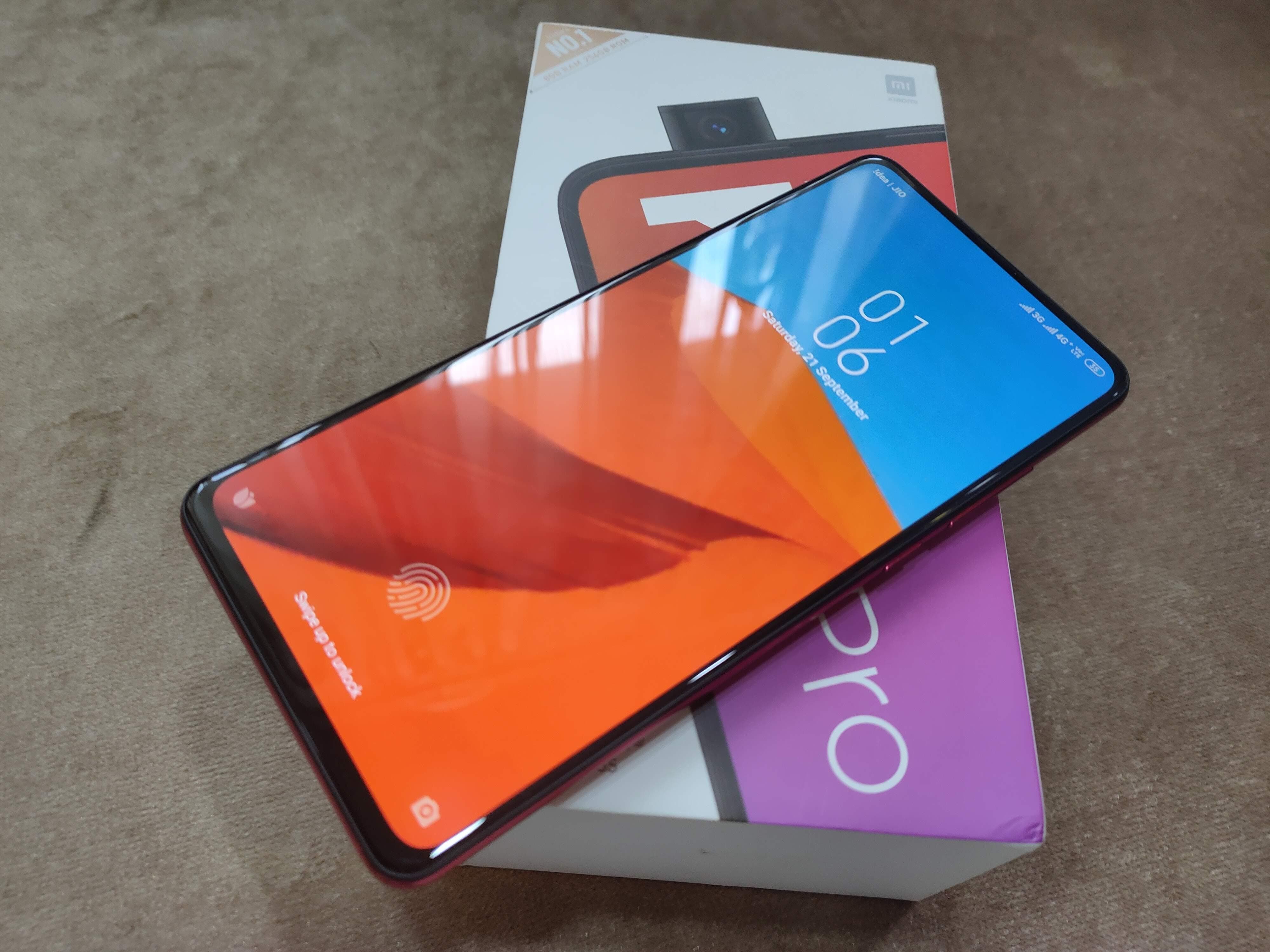
This is Redmi’s first phone in China and the company has opted for a completely different look than Xiaomi’s plain single coloured flagships. It has pop-up camera, again a first for the Redmi brand, along with the very unique, pleasing and attractive gradient glass finish at the back. Redmi calls it Aura Prime Design and it simulates a flame-like hue when light hits it from different directions. It’s a completely unique gradient and it is sure to attract attention.
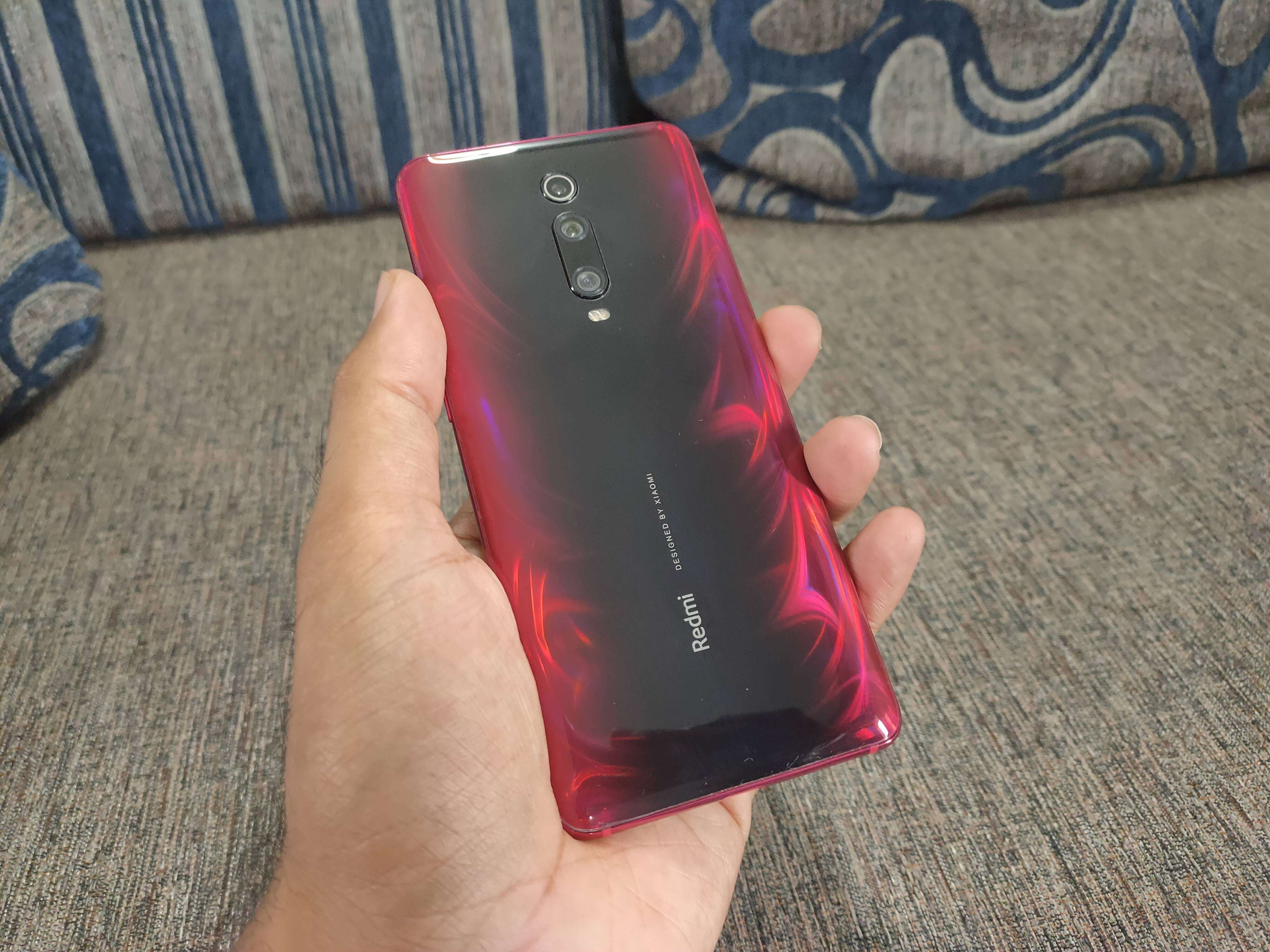
In terms of the size, the K20 Pro with its 6.39-inch screen has a very manageable form-factor, especially for one-hand usage. It’s a bit smaller and narrower than the Realme X which I found to be unwieldy for single-hand use. Overall, I’d give Redmi top marks for the cool new design and the just right physical footprint. And yes, it still retains a headphone jack!
Display
The display of the Redmi K20 Pro is just gorgeous. It’s an AMOLED panel and the fact that there are no intrusions (with very slim bezels) is just a delight for everyday usage. The colours pop out and sunlight legibility is fine too. Viewing angles are excellent and brightness levels are very good. Xiaomi also gives users the freedom to change colour temperatures, if that’s what you fancy and there’s a Dark Mode, Reading Mode, Always-On Lock Screen too. This notch-free display will truly leave users satisfied and is a pleasure to use every day. Also, did I mention it’s a no-notch design with a pop-up camera?
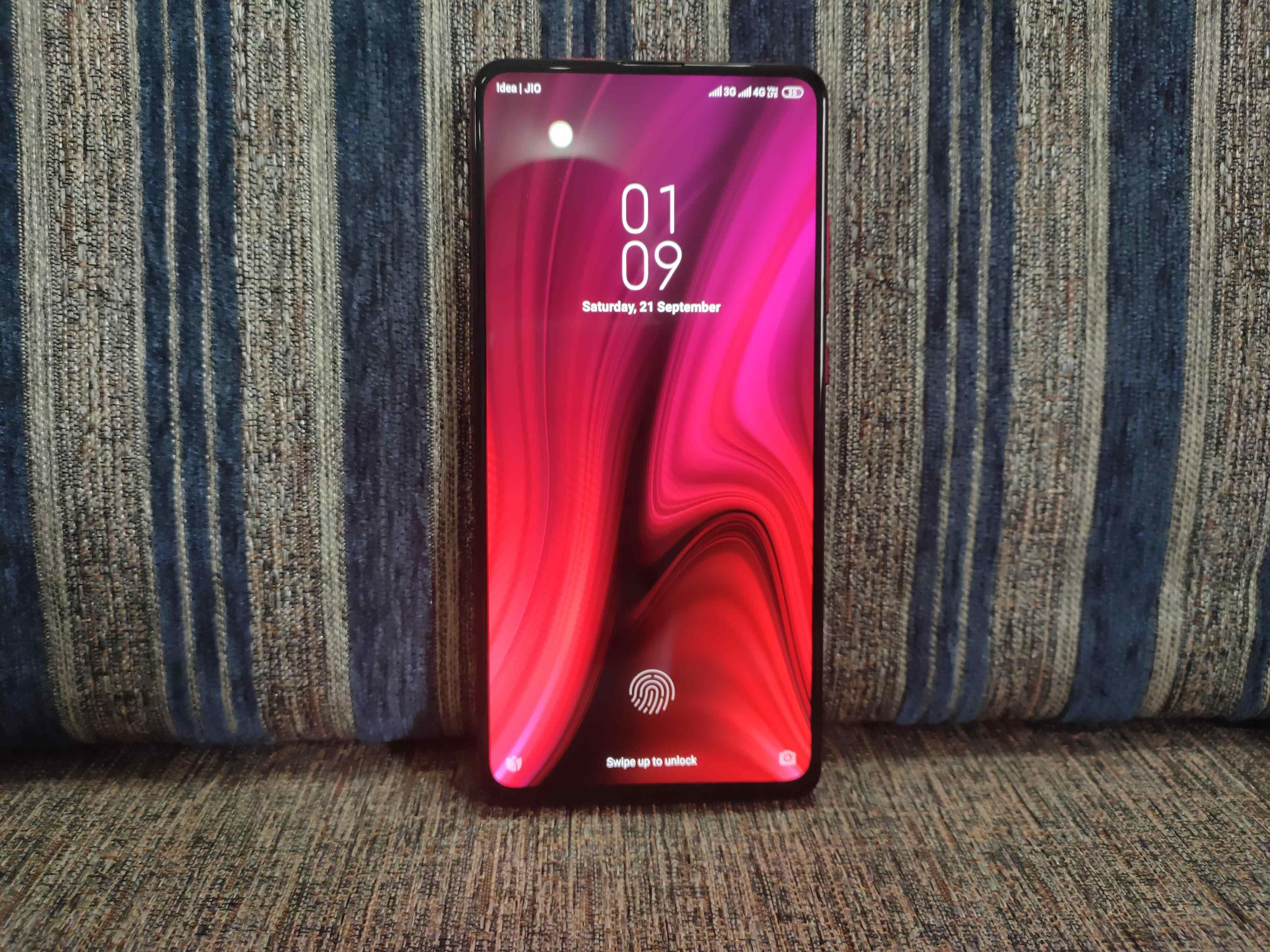
I’ve also gotten quite used to the on-screen fingerprint reader as it is extremely reliable as well as accurate. In fact, I can’t remember a time when it failed to work which is very impressive. I have almost no need for the face scanning feature.
Performance
This is another area where the Redmi K20 Pro shines. Its Snapdragon 855 powers through anything and everything. It’s also noticeably smoother and snappier in daily use than the 7xx series which is a good performer too. Whether it’s casual stuff, or heavy gaming, browsing the web or consuming video, the Redmi K20 Pro is just an ideal companion that doesn’t let you down in any department. Games like PUBG, COD Mobile run without any lag and almost no frame drops. Also, I didn’t find the phone to heat up much (38 degrees) during extensive gaming which is always good. We will leave the benchmarks here for you.
Battery
The battery life of the Redmi K20 Pro surprised me in a very pleasant way. Being a heavy user, I didn’t expect to get a full day of use from the 4,000mAh cell but it not only gave me that, but it also managed to do it with gas left in the tank at the end of the day. Above are some screen grabs of my usage where the phone lasted me at least till the evening. Most of these days were spent on social media for the majority of the day. By Evening, I tend to do some video consumption, browsing, and social media. In most of my use cases, I had around 50 percent of battery life by 5:00 pm. The 18W fast charging is also a very nice addition.
Software
The K20 Pro comes with MIUI 10 on top of Pie. The cool thing is it runs the POCO launcher by default which gives you an app drawer. Plus, I have almost noticed no ads at all, apart from a few instances in the notification. Big thumbs up to Xiaomi for listening to feedback. This is a big move by the company and while I wasn’t bothered much by the previous UX anyway, I really loved this experience. There are loads of customization features (look at screenshots), theming options and many useful toggles. It’s also set to receive MIUI 10 very early.
Camera
The rear camera produced great quality photos in daylight with great details, natural looking colours, good dynamic range, and exposure. The ultra-wide shots although do tend to lose some of that sharpness and quality as is the case with most of these sensors. Video capture is also great with 4K at 60fps also supported for the rear with stabilization working well enough.
Selfies turned out to be good but there was this issue where I found the backgrounds to be blown out many times in my photos. The issue is persistent and sometimes makes the selfies look bad. 4K video from front camera isn’t supported yet.
Pricing and Verdict
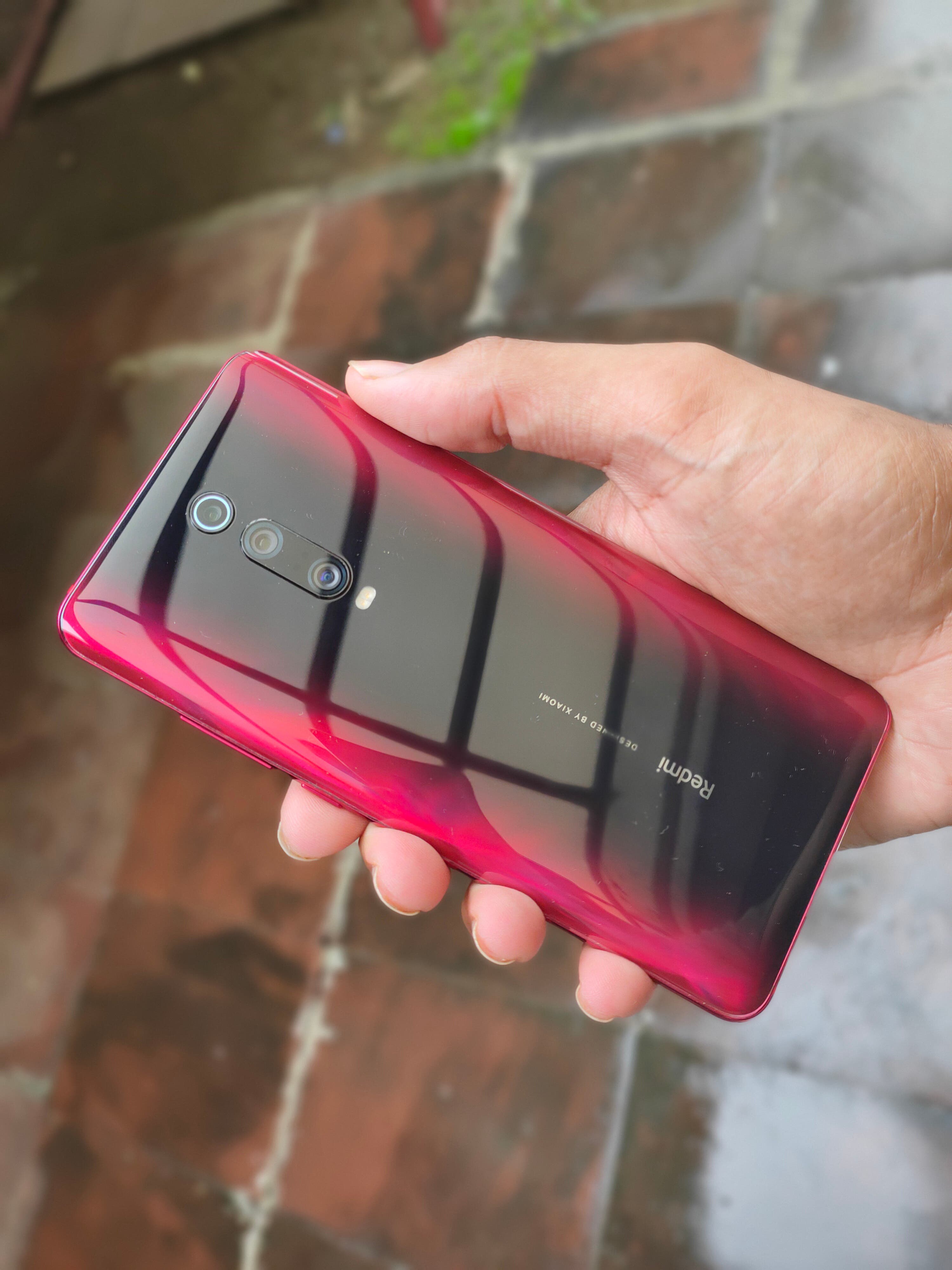
Here’s one of the most vital parts of the review, especially when it comes to Xiaomi phones. The Redmi K20 Pro is currently the most affordable flagship on the market with the Snapdragon 855, period. And it manages to pull that price tag off whilst maintaining a very eye-catching design, beastly performance, good battery life, and reliable cameras. After a good two-week-long review, I’m pretty sure I can suggest the handset to most buyers looking for an affordable flagship. The Big Billion Days sale will see the handset go even down with a tag of Rs 24,999 from Rs 27,999.

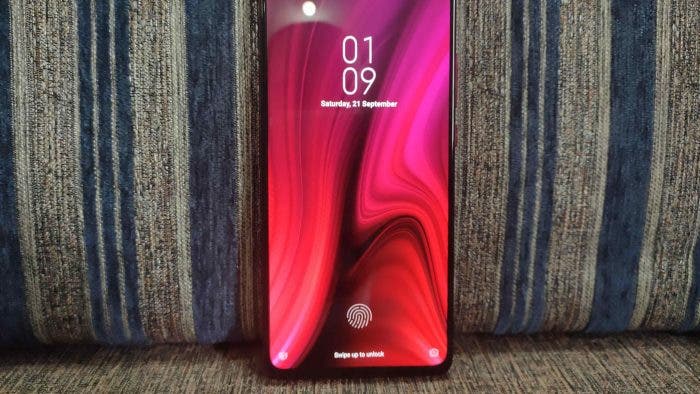
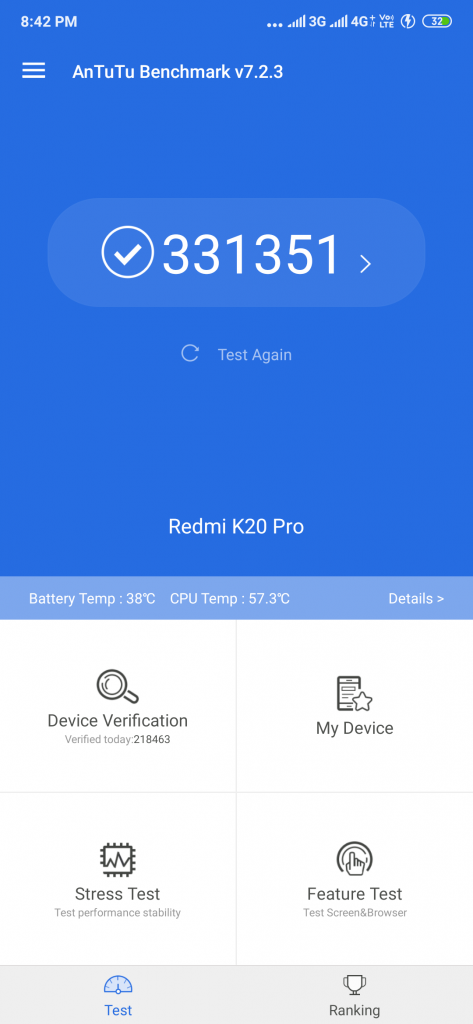
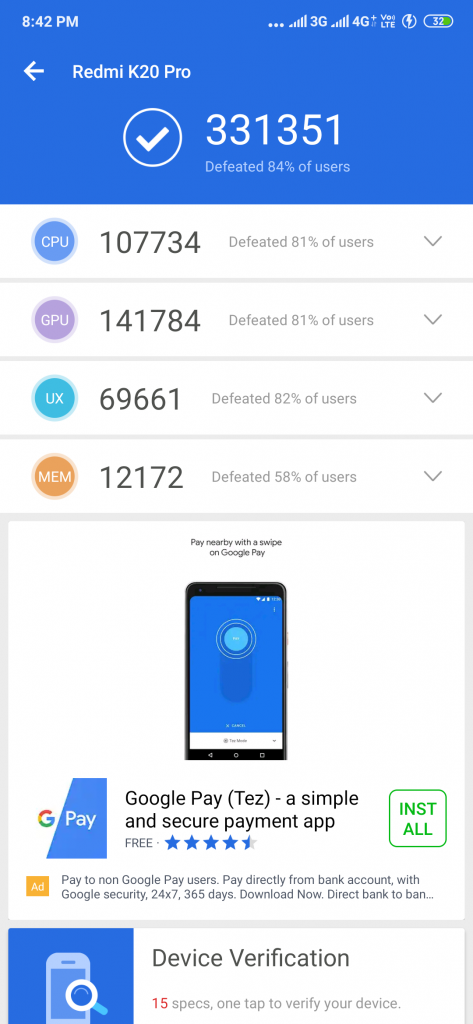
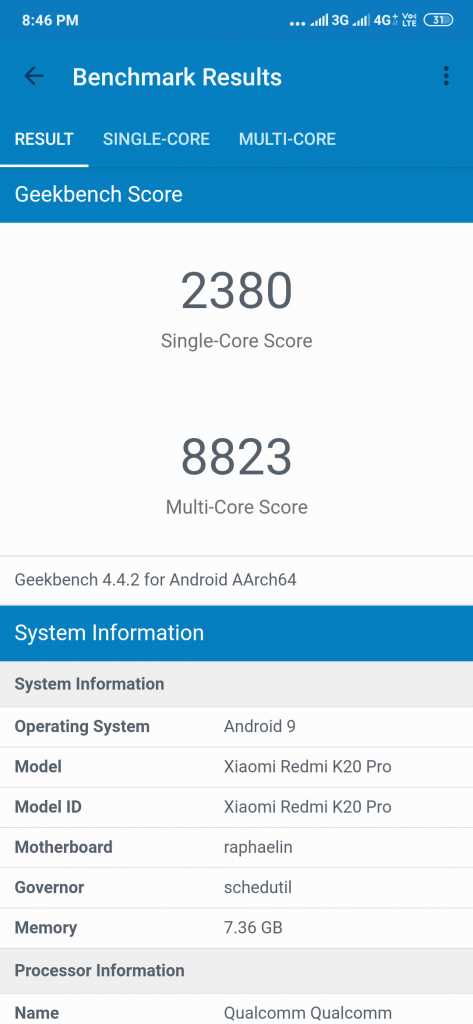
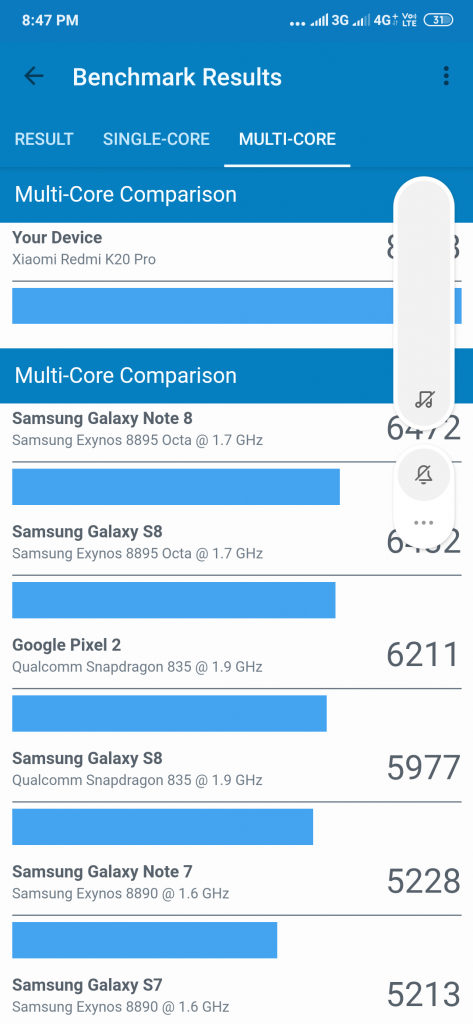
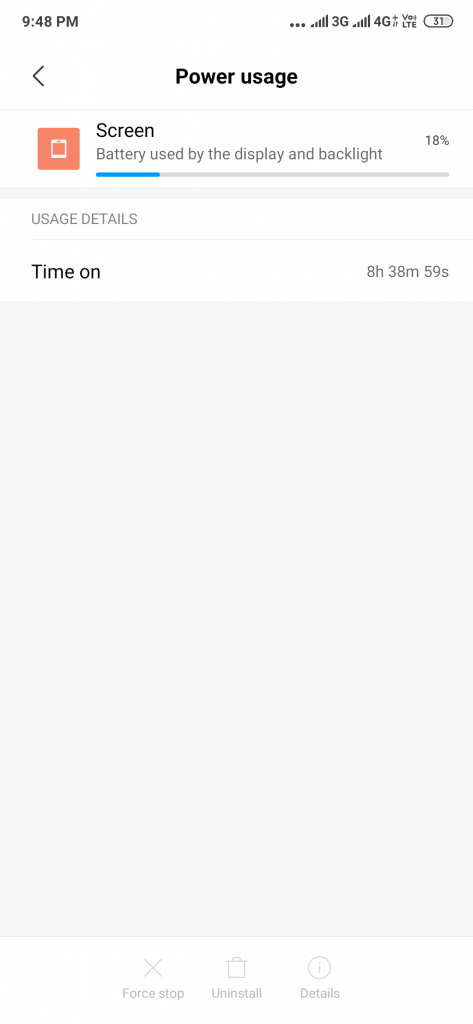
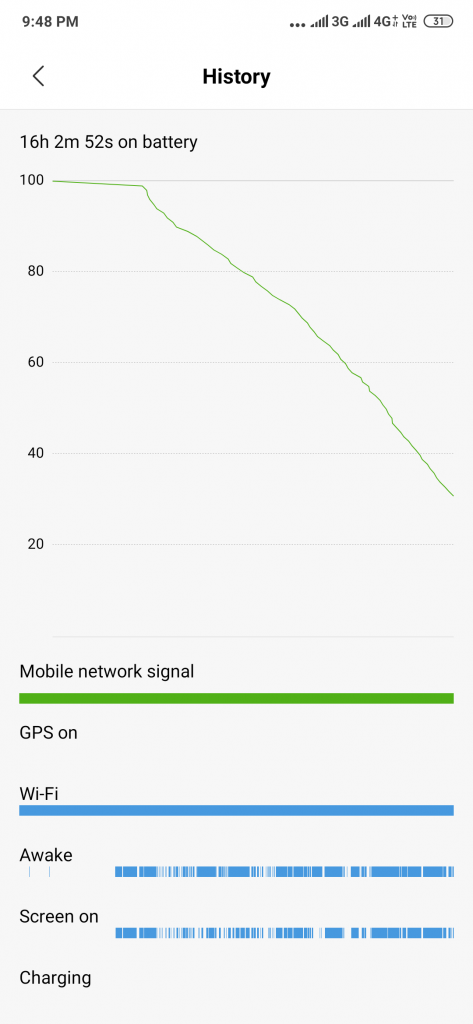
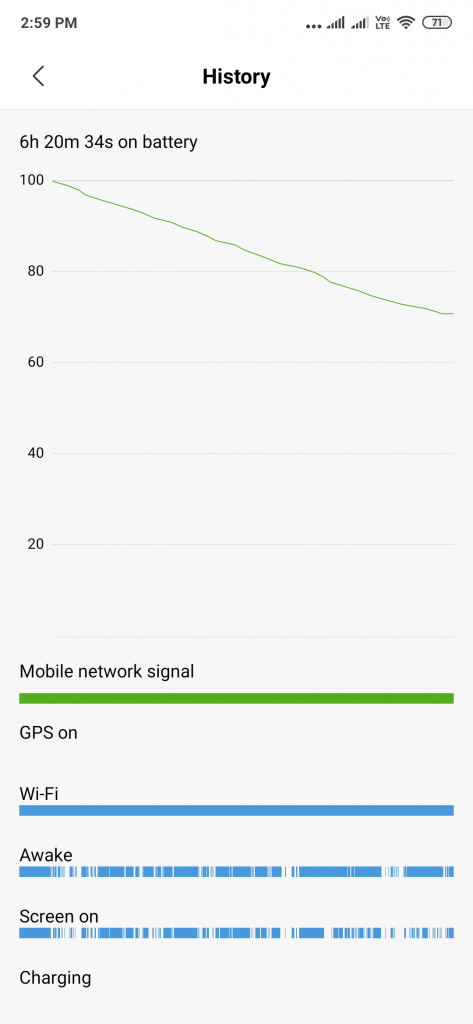
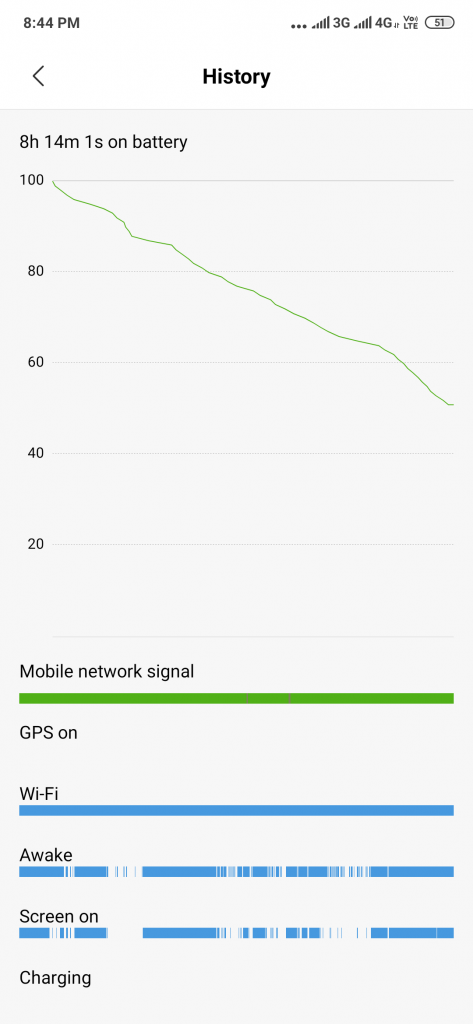

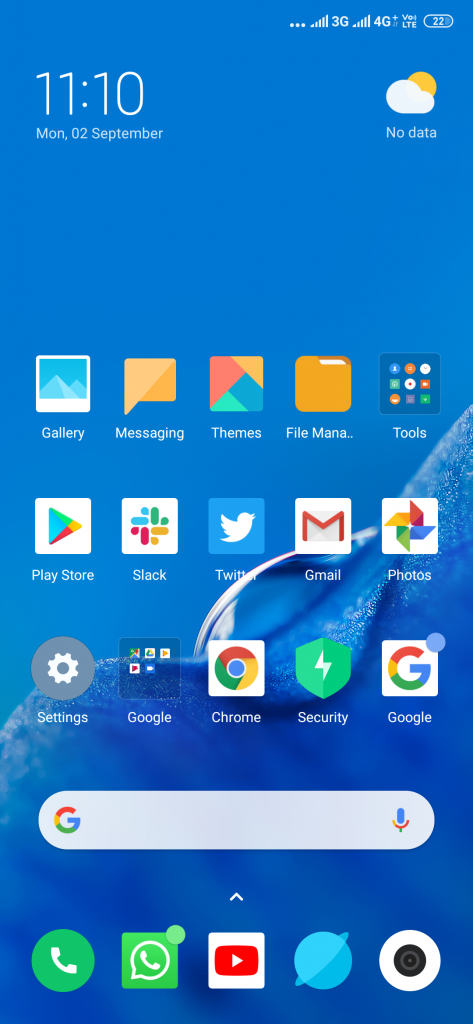



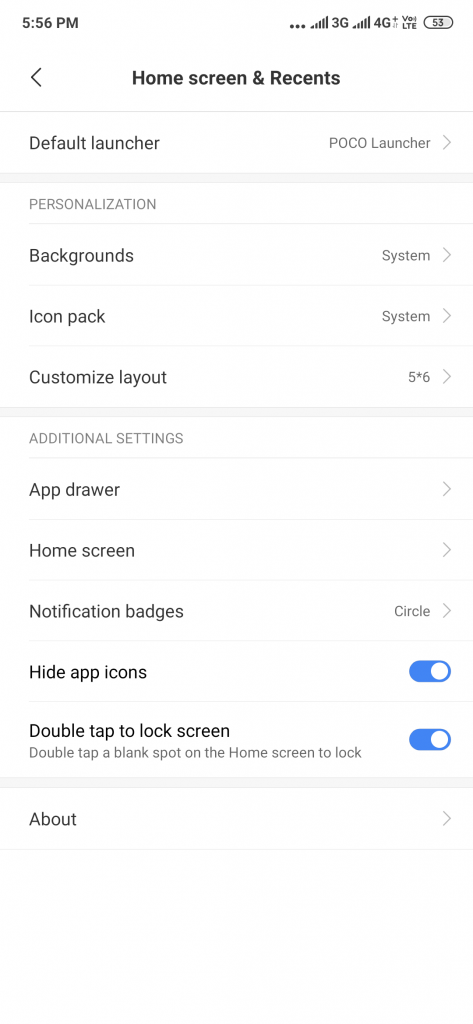
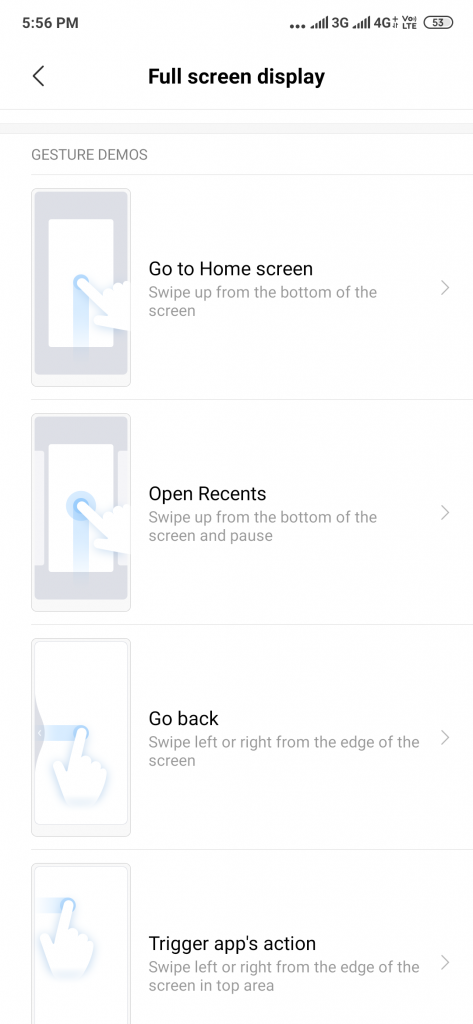
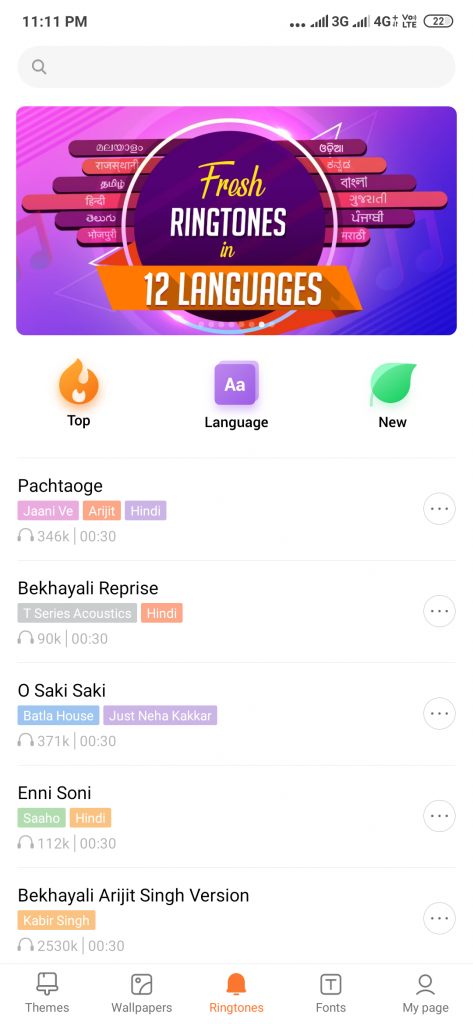


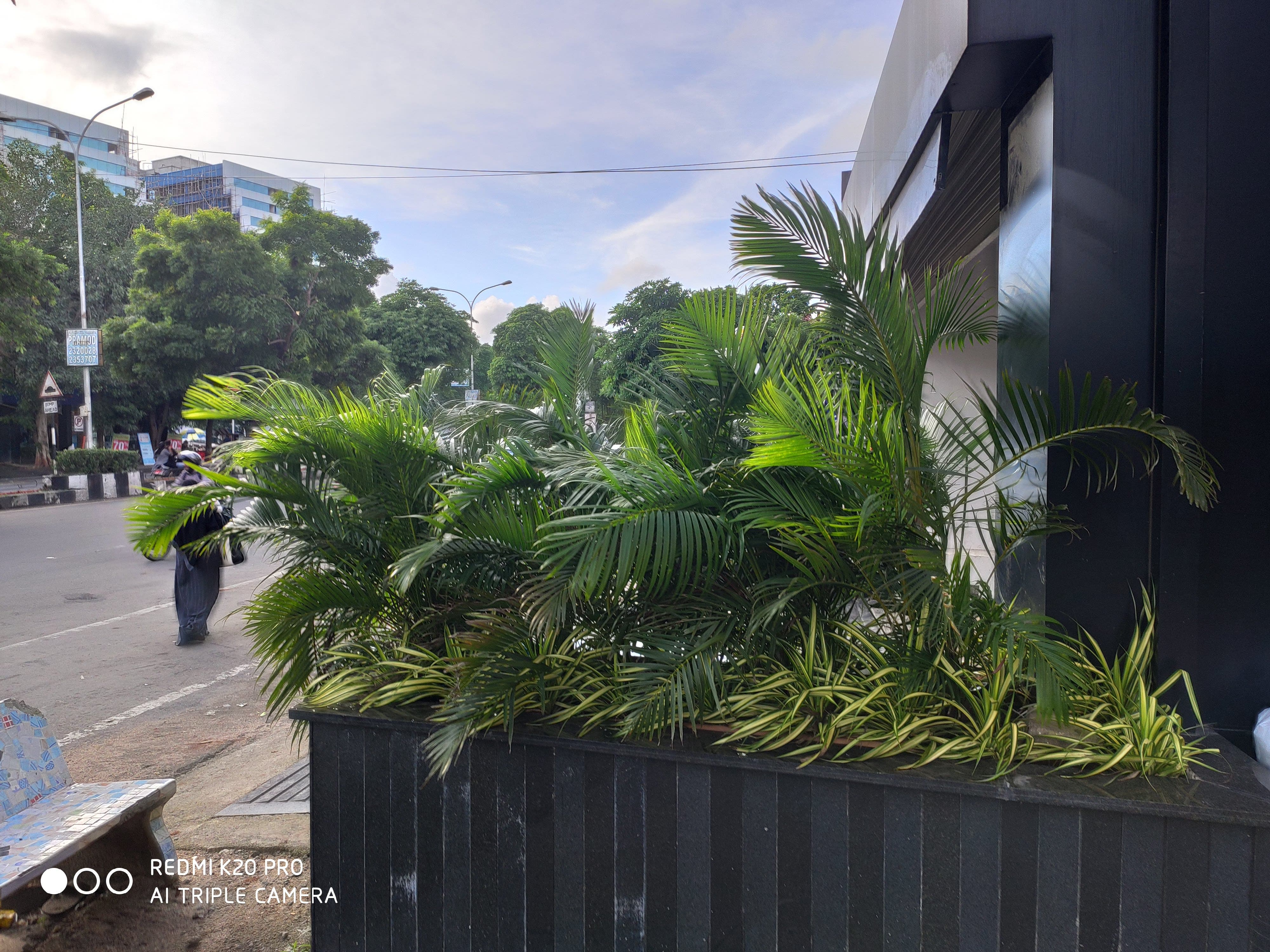
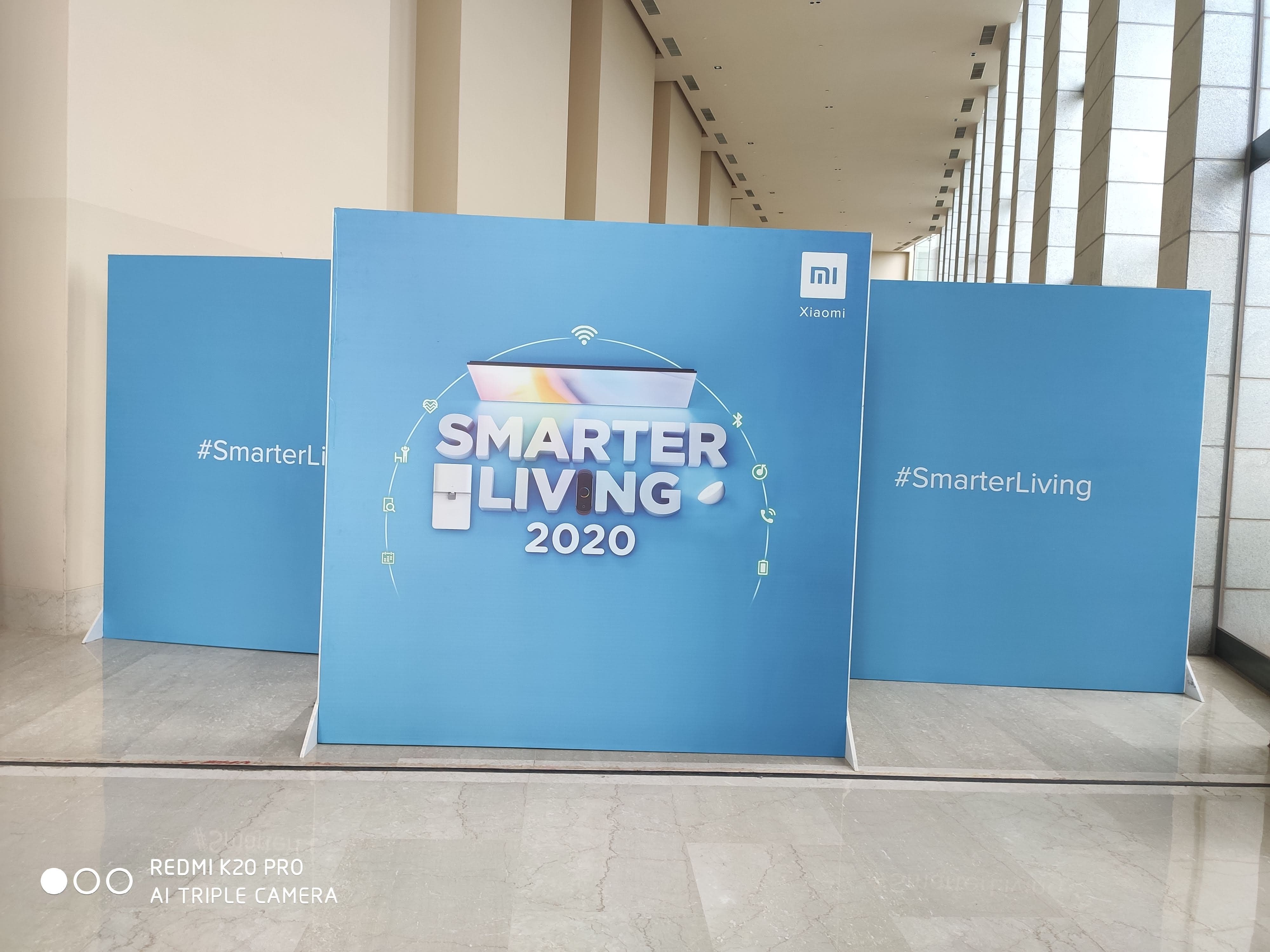
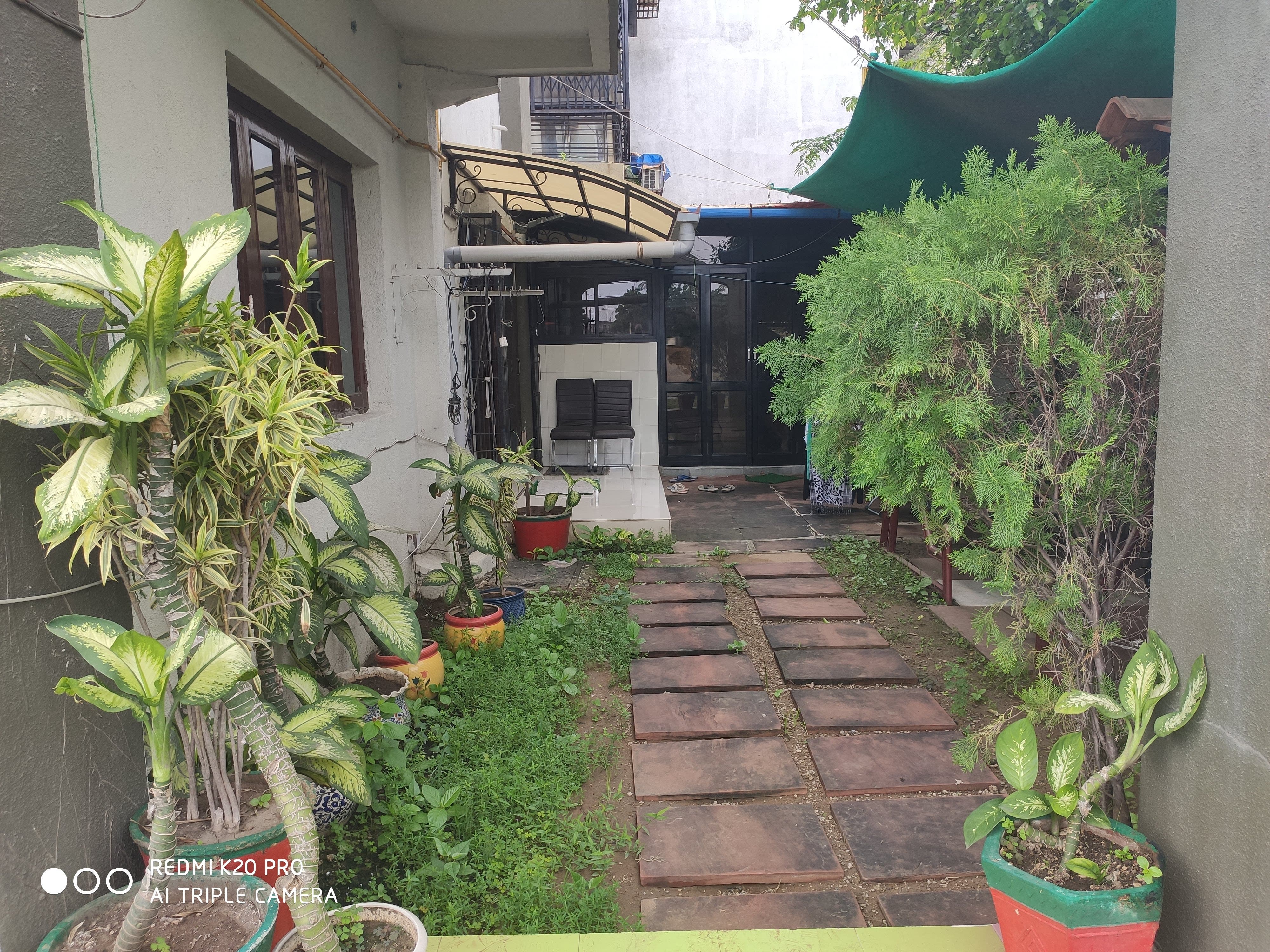














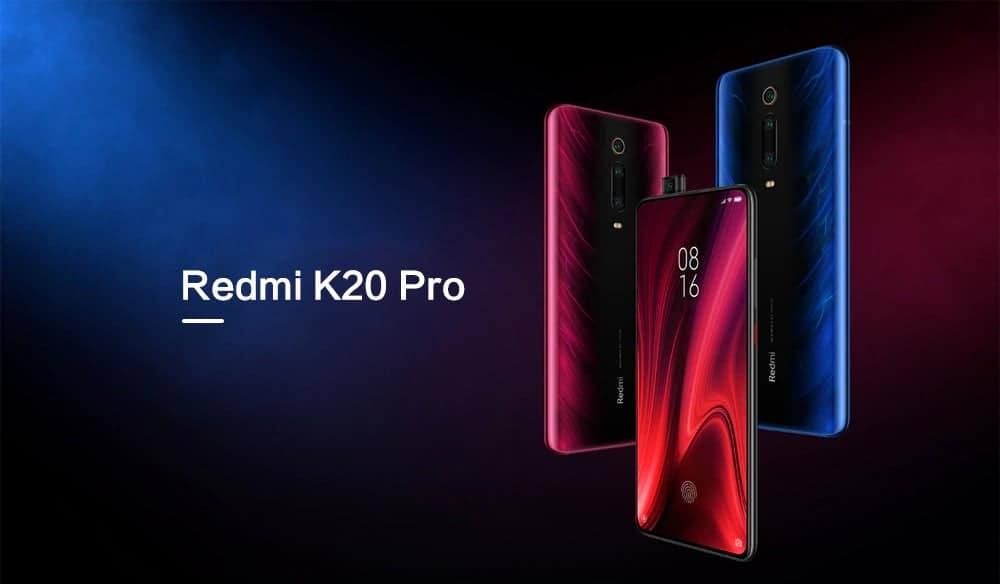
Nice device but with a great problem. It has very high sar . In Europe 1.3 in head and 1.6 in body otherwise is a fantastic device.